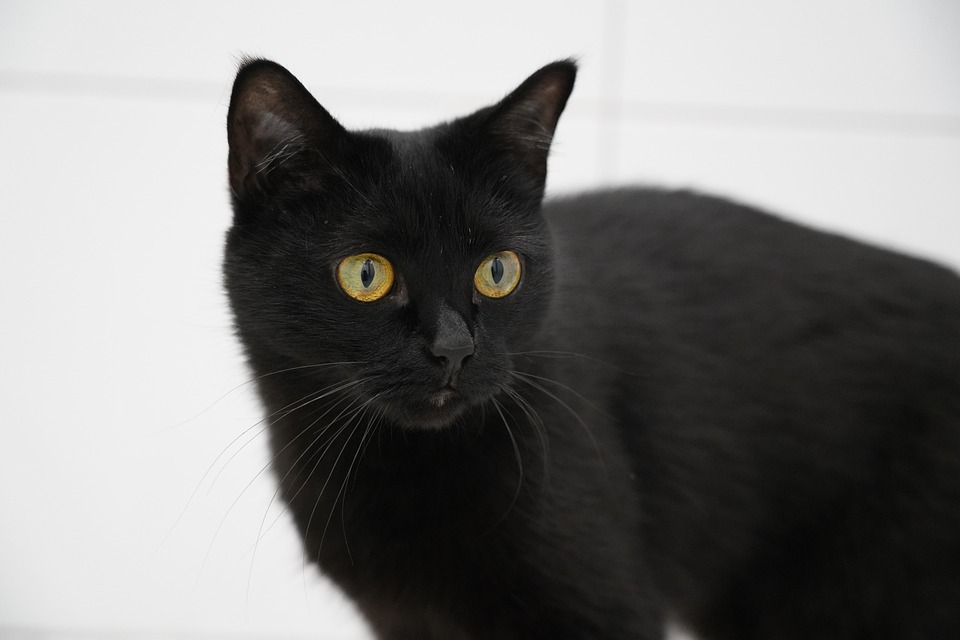In conclusion, joint health is crucial for cats’ overall well-being and quality of life. Just like humans, cats can experience joint problems that can affect their mobility and comfort. By understanding the basics of cat joint health, recognizing the signs of joint issues, and taking proactive steps to promote healthy joints, you can ensure that your feline friend stays happy and healthy.
Factors such as age, genetics, weight management, diet, and exercise can all affect a cat’s joint health. It is important to provide a balanced diet, maintain a healthy weight, and incorporate regular exercise and play into their routine. Regular veterinary check-ups are also essential to monitor your cat’s joint health and address any issues that may arise.
In some cases, joint supplements may be beneficial for cats. However, it is important to choose the right supplement and consult with a veterinarian before introducing any new supplements into your cat’s diet. Human joint supplements should never be used for cats, as they have different nutritional needs and certain substances may be toxic to them.
If you notice any signs of joint problems in your cat, such as limping, stiffness, or decreased activity levels, it is important to consult with a veterinarian for a proper diagnosis and treatment plan. They can perform a thorough examination, recommend appropriate treatments or management strategies, and provide guidance on promoting your cat’s joint health.
By understanding the importance of joint health in cats and taking proactive steps to ensure their well-being, you can help your feline companion maintain optimal mobility and enjoy a happy, active life.








